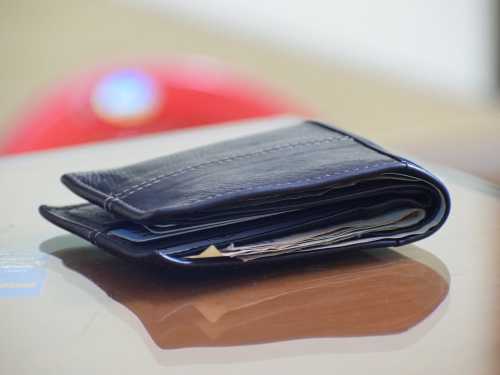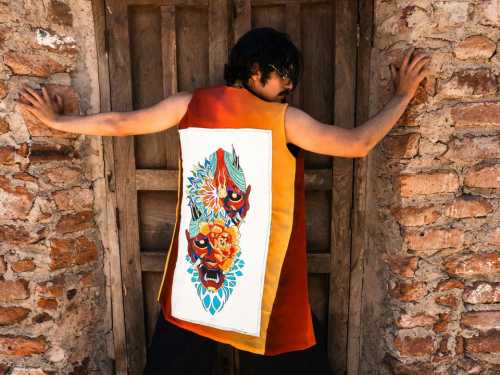
At times when financial difficulties seem particularly acute, many are familiar with the desire to influence the situation, at least in a symbolic way, Ukr.Media reports.
That is why in Ukrainian culture, advice and rituals designed to “attract money” are passed down from generation to generation: do not leave your wallet empty, put a non-exchangeable bill, a yellow metal coin, or even a bay leaf inside.
What really stands behind these traditions and why do they remain so resilient even in the modern, pragmatic world?
Cultural roots of tradition
For many peoples, a wallet is not only a practical thing for storing money, but also a sign of abundance, a symbol of security and well-being. In Ukrainian tradition, a wallet is associated with a “house for money.” The belief that it should not be empty appeared back when money often lost value due to turbulent history, wars or crop failures. Keeping at least a few kopecks in a wallet was considered a guarantee that “money will not forget its journey.”
Similar beliefs are found in other cultures: for example, in Chinese feng shui, it is advised to keep a symbolic coin or piece of gold in your wallet, and in the West there is a tradition of keeping an old silver coin in your wallet “for good luck.”
Why these items?
A fiat bill is always a banknote that is not spent, keeping it as the basis for future wealth. In folklore, it is a symbol of the constancy of financial flow. A yellow coin — often a gift, sometimes gold, but most often brass or copper — carries the idea of strength and reliability. The yellow metal has long been associated with wealth and prosperity.
A bay leaf, dried and hidden in a wallet, also has its own meaning. Since ancient times, laurel has been a sign of victory, self-affirmation, and authority — and this symbolism has been transferred to the sphere of finance.
All of this together creates an invisible “support system” — a daily reminder of our goals, our desire for security, and our desire for control.
The psychological side: ritual, power of intention and self-support
There is no scientific evidence that these symbolic objects have a direct impact on the flow of money. However, psychologists note that believing in one's own rituals and constantly reminding oneself of what is important can have a positive effect on motivation. Rituals provide a sense of order, even in small things. When a person puts a coin from a loved one or an unchangeable bill in their wallet, they create a small private place of power. This is a reminder of the value of one's own work, that even in difficult times, something remains under control.
In psychology, this phenomenon is called the placebo effect: it is not the object itself that works, but the belief in its importance. Often, it is the belief that “something is being done for the good” that motivates better planning, greater attention to financial matters, and bolder decision-making.
Social traditions and practical skills
Engaging in ancient rituals is not a sign of gullibility, but a way to support yourself when rational strategies don't always seem effective. However, the experience of many modern people shows that it is important to combine this symbolism with real actions: budgeting, studying financial literacy, planning expenses and saving.
Symbols create an emotional foundation and help you return to yourself, but financial stability grows through skills and daily care for your own future.
Looking to the future
Ancient beliefs live on in our rituals, even if we are skeptical about them. Sometimes a simple piece of bay leaf or a coin in your wallet is not about the magic of wealth, but about respect for your own history, the desire to find a balance between tradition and reality. If these small signs remind you of taking care of your finances and add a sense of confidence, they are already doing a good job.
Whatever your path to financial well-being—whether it’s through practical skills, ancient symbols, or a combination of both—it’s important not to be alone with your anxieties. You have the right to your own rituals, your own “supports” during difficult times. And may your journey be calmer, and your wallet a reminder of the value of small but important gestures of self-care.






